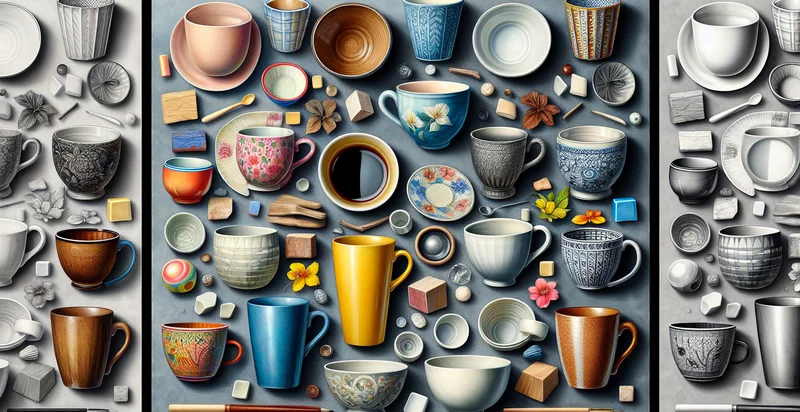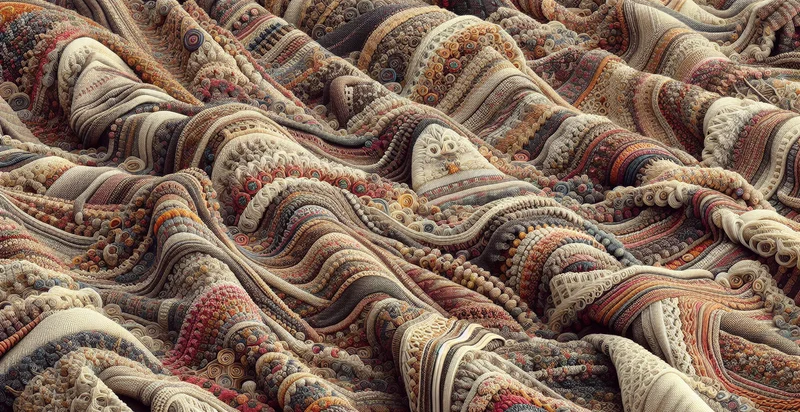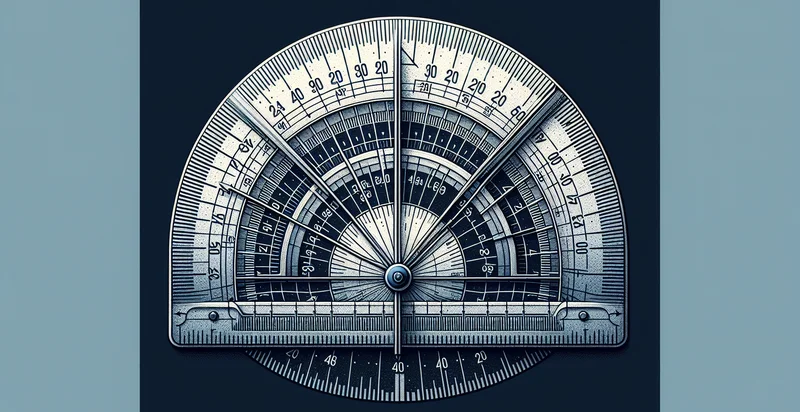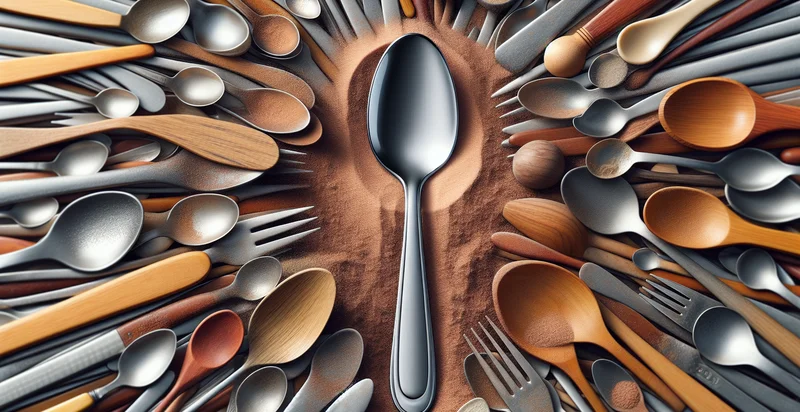Identify what material a cup is made from
using AI
Below is a free classifier to identify what material a cup is made from. Just upload your image, and our AI will predict what material a cup is made from - in just seconds.

Contact us for API access
Or, use Nyckel to build highly-accurate custom classifiers in just minutes. No PhD required.
Get started
import nyckel
credentials = nyckel.Credentials("YOUR_CLIENT_ID", "YOUR_CLIENT_SECRET")
nyckel.invoke("what-material-a-cup-is-made-from", "your_image_url", credentials)
fetch('https://www.nyckel.com/v1/functions/what-material-a-cup-is-made-from/invoke', {
method: 'POST',
headers: {
'Authorization': 'Bearer ' + 'YOUR_BEARER_TOKEN',
'Content-Type': 'application/json',
},
body: JSON.stringify(
{"data": "your_image_url"}
)
})
.then(response => response.json())
.then(data => console.log(data));
curl -X POST \
-H "Content-Type: application/json" \
-H "Authorization: Bearer YOUR_BEARER_TOKEN" \
-d '{"data": "your_image_url"}' \
https://www.nyckel.com/v1/functions/what-material-a-cup-is-made-from/invoke
How this classifier works
To start, upload your image. Our AI tool will then predict what material a cup is made from.
This pretrained image model uses a Nyckel-created dataset and has 16 labels, including Bamboo, Ceramic, Clay, Composite, Crystal, Glass, Melamine, Metal, Paper and Plastic.
We'll also show a confidence score (the higher the number, the more confident the AI model is around what material a cup is made from).
Whether you're just curious or building what material a cup is made from detection into your application, we hope our classifier proves helpful.
Related Classifiers
Need to identify what material a cup is made from at scale?
Get API or Zapier access to this classifier for free. It's perfect for:
- Quality Control in Manufacturing: This function can be integrated into the production line where cups are made, helping to ensure that the correct materials are used consistently. By verifying the material composition, manufacturers can minimize defects and improve product quality, leading to higher customer satisfaction.
- Sustainability Assessment: Businesses focusing on sustainability can utilize this classification function to analyze the material composition of various cup products. This data can support efforts in identifying eco-friendly alternatives or assessing the carbon footprints associated with different materials, promoting responsible sourcing.
- Product Categorization for E-commerce: E-commerce platforms can implement the function to automatically classify cups based on their material when sellers list their products. This improves searchability and enhances user experience, allowing customers to filter products based on their material preferences.
- Fraud Detection in Retail: Retailers can use this function to verify the authenticity of luxury or premium cups made from specific materials. By confirming the material composition, businesses can prevent the sale of counterfeit products that do not meet brand standards.
- Personalized Marketing Campaigns: Businesses can analyze customer purchase patterns and leverage the material classification to tailor marketing campaigns. Understanding which materials are preferred by different customer segments enables targeted advertising that increases engagement and sales.
- Material Recycling Programs: Companies implementing recycling initiatives can use this function to identify the materials of returned or discarded cups. This data can facilitate better sorting in recycling processes, ultimately contributing to more effective waste management and resource recovery strategies.
- Custom Cup Design Recommendations: Graphic design or custom printing businesses can utilize this classifier to provide material-based product recommendations to clients. By understanding the materials preferred for specific designs, companies can enhance their service offerings and improve customer satisfaction with tailored solutions.


